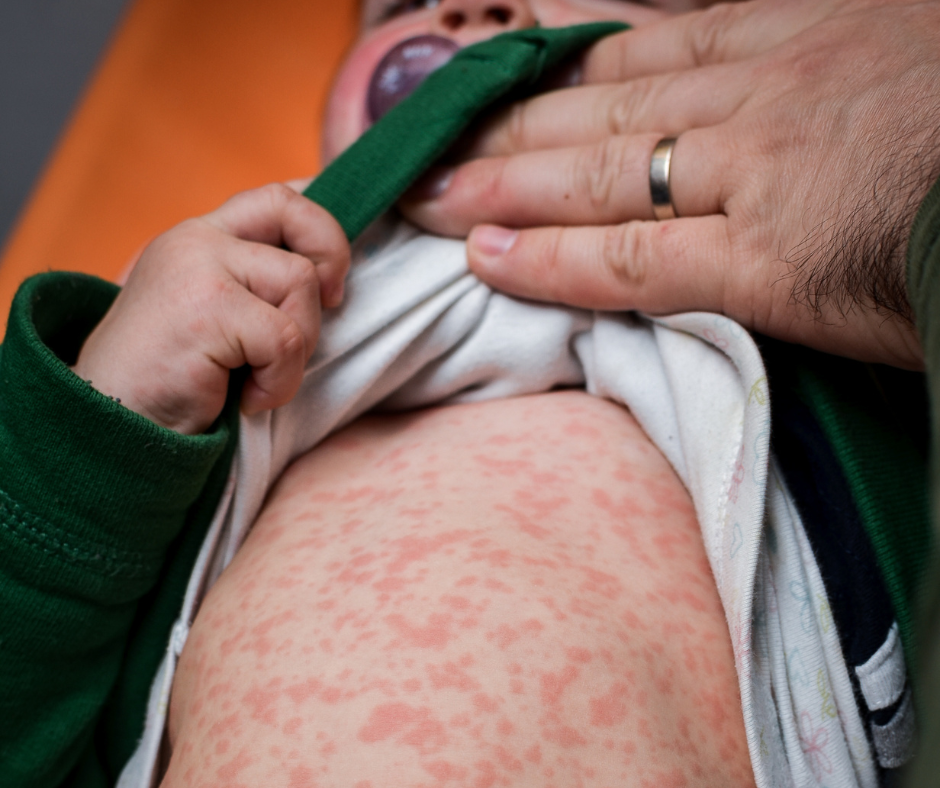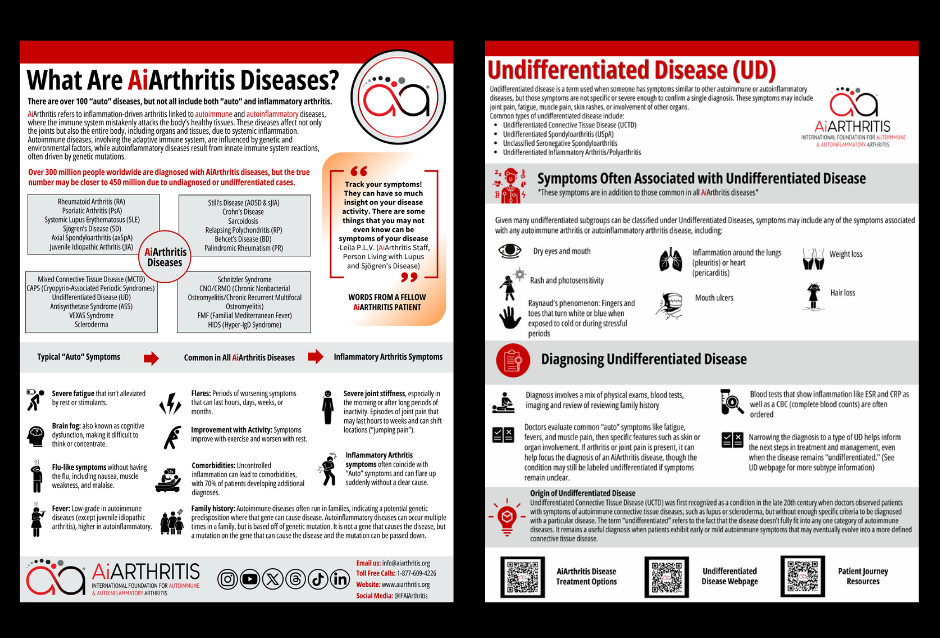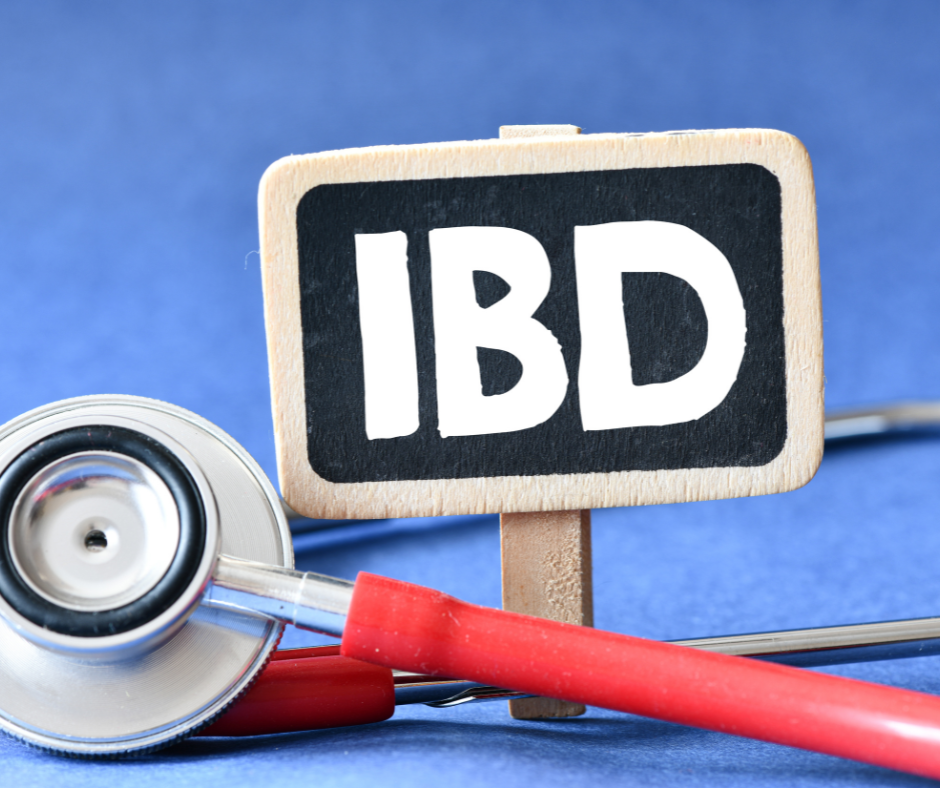Understanding Cryopyrin-Associated Periodic Syndromes (CAPS)
CAPS Encompasses Three Main Syndromes:
Familial Cold Autoinflammatory Syndrome (FCAS) is a rare genetic condition where exposure to cold temperatures triggers episodes of fever, rash, and joint pain. Symptoms typically begin in infancy or early childhood and include chills, muscle pain, and fatigue. The episodes usually last for a few hours to a day and resolve on their own once the person warms up. Other symptoms may include conjunctivitis (red, irritated eyes) and headache. FCAS is caused by mutations in the NLRP3 gene, leading to the overproduction of interleukin-1β (IL-1β), a protein involved in inflammation.
Learn more about Familial Cold Autoinflammatory Syndrome (FCAS)
Muckle-Wells Syndrome (MWS) is a rare genetic disorder characterized by episodes of fever, rash, joint pain, and progressive hearing loss, often triggered by cold or stress. Additional symptoms may include abdominal pain, fatigue, red eyes, and amyloidosis—a condition where protein builds up in organs like the kidneys, potentially leading to organ failure. MWS is caused by mutations in the NLRP3 gene, resulting in excessive production of interleukin-1β (IL-1β), which triggers widespread inflammation. Without proper treatment, MWS can lead to serious complications, including chronic kidney disease and hearing loss.
Learn more about Muckle-Wells Syndrome.
Neonatal-Onset Multisystem Inflammatory Disease (NOMID),
also known as Chronic Infantile Neurologic Cutaneous and Articular (CINCA) syndrome, is a rare genetic disorder characterized by persistent inflammation affecting multiple body systems, including the skin, joints, and central nervous system, starting in early infancy. Symptoms include a persistent rash, fever, joint deformities, chronic aseptic meningitis, and developmental delays. NOMID can also cause hearing loss, vision problems, and severe headaches. It is caused by mutations in the NLRP3 gene, leading to an overactive inflammatory response driven by interleukin-1β (IL-1β). Early and aggressive treatment with IL-1 inhibitors is crucial to manage symptoms and prevent long-term damage. Learn more about Neonatal-Onset Multisystem Inflammatory Disease (NOMID), also known as Chronic Infantile Neurologic Cutaneous and Articular (CINCA) syndrome.
How Common Are Cryopyrin-Associated Periodic Syndromes (CAPS)?
Cryopyrin-Associated Periodic Syndromes (CAPS) are quite rare. The estimated prevalence is 2 to 5 per million individuals. However, this number might be higher due to underdiagnosis and misdiagnosis, as CAPS symptoms can be similar to other more common conditions. Cryopyrin-Associated Periodic Syndromes (CAPS) affect both men and women, but there isn't a significant gender difference in prevalence. Both genders are equally likely to develop CAPS due to the genetic nature of the condition
CAPS are caused by changes in a gene called NLRP3, which makes a protein called cryopyrin. This change causes the body to make too much of a chemical called interleukin-1β (IL-1β), which causes inflammation. The NLRP3 gene is found on chromosome 1.
Learn More About CAPS
AiArthritis Disease Symptoms
AiArthritis diseases share common features such as flares, where symptoms worsen for hours to months, and improvements with physical activity, while rest can make symptoms worse. Genetic predisposition or mutations can lead to these conditions running in families, and uncontrolled inflammation often results in comorbidities, affecting 70% of patients.
Key symptoms include:
- Severe fatigue that persists despite rest or stimulants
- Brain fog, making concentration difficult
- Flu-like sensations like nausea and muscle weakness
- Low-grade fevers (higher in autoinflammatory diseases)
- Joint stiffness, especially in the morning or after long periods of inactivity
- Sudden, shifting joint pain that starts and stops abruptly
Clinical Features of Cryopyrin-Associated Periodic Syndromes (CAPS)
The syndromes within CAPS share overlapping clinical features but vary in severity
- Fever: Often accompanied by fatigue, malaise, and mood disorders.
- Skin Rash: Urticarial or maculopapular rash, especially after cold exposure.
- Musculoskeletal Involvement: Myalgia, arthralgia, arthritis, and joint deformities.
- Ophthalmological Involvement: Conjunctivitis, uveitis, optic nerve atrophy, cataract, and glaucoma.
- Neurological Involvement: Headaches, papilloedema, meningitis, seizures, and intellectual disability.
- Hearing Loss: Sensorineural hearing loss is common in FCAS.
Discover More Of Our Resources
How is Cryopyrin-Associated Periodic Syndromes (CAPS) Diagnosed?
Diagnosis of CAPS is based on clinical features, family history, and genetic testing to identify mutations in the NLRP3 gene. Laboratory tests may show elevated levels of inflammatory markers such as C-reactive protein (CRP) and erythrocyte sedimentation rate (ESR).
What Are The Treatments For Cryopyrin-Associated Periodic Syndromes (CAPS)?
Management of CAPS focuses on controlling inflammation and preventing complications - Treatment options include:
- Anti-IL-1 Therapy: Drugs like anakinra, canakinumab, and rilonacept target IL-1β to reduce inflammation
- NSAIDs and Corticosteroids: Used to manage acute inflammatory episodes
- Supportive Care: Addressing specific symptoms such as pain management and hearing aids for hearing loss
What is The Prognosis of Cryopyrin-Associated Periodic Syndromes (CAPS)?
Cryopyrin-Associated Periodic Syndromes (CAPS) can significantly impact the quality of life due to their chronic and systemic nature. Some key ways CAPS affects quality of life:
- Chronic Pain and Discomfort: Persistent pain and discomfort from symptoms like joint pain, headaches, and skin rashes can limit daily activities and reduce overall well-being.
- Fatigue and Malaise: Frequent fevers and systemic inflammation can lead to ongoing fatigue, making it difficult to maintain regular routines and participate in social activities.
- Neurological and Sensory Issues: Neurological complications such as headaches, hearing loss, and vision problems can affect communication, mobility, and independence.
- Emotional and Psychological Impact: Living with a chronic condition can lead to emotional distress, anxiety, and depression, impacting mental health and overall quality of life
- Social and Professional Challenges: Absenteeism from work or school due to flare-ups and medical appointments can affect career progression and educational opportunities.
- Caregiver Burden: Family members and caregivers may experience emotional and financial stress due to the demands of providing care and support.
CAPS are complex autoinflammatory disorders requiring a multidisciplinary approach for effective management. Ongoing research continues to enhance our understanding of these syndromes and improve treatment strategies. Early diagnosis and treatment are crucial for improving outcomes. With appropriate management, many patients can lead a relatively normal life, although chronic symptoms may persist.
Related Blog Posts
May 2, 2025
Discover more about this rare disease.
May 2, 2025
Learn more about the connection between IBD and AiArthritis Diseases.
April 21, 2025
World Lupus Day reminds us of the importance of coming together to support those living with lupus and advocate for meaningful change.
Show More









